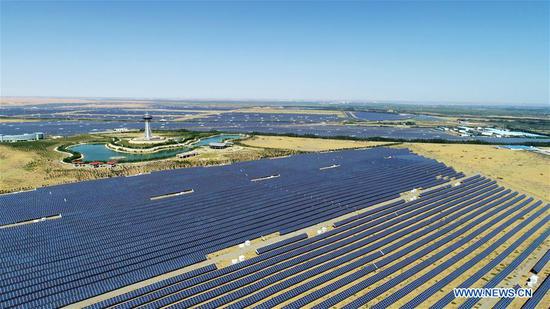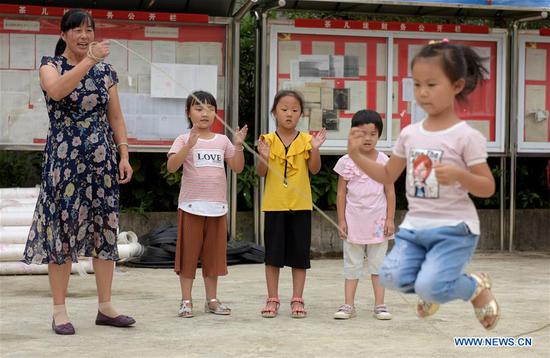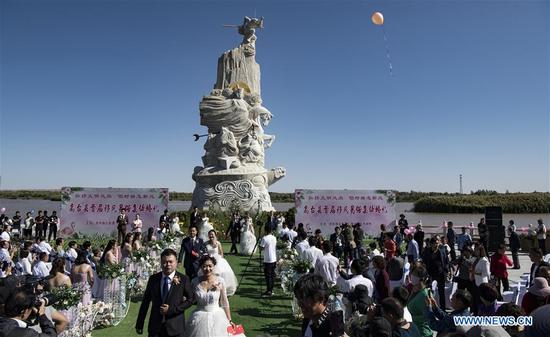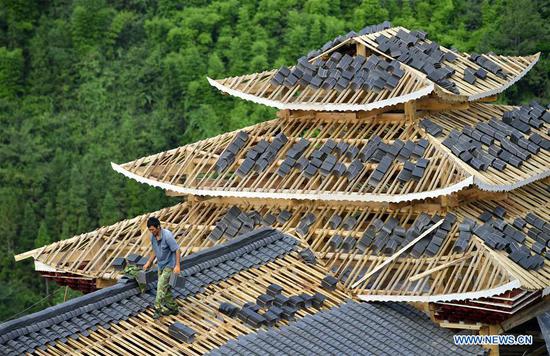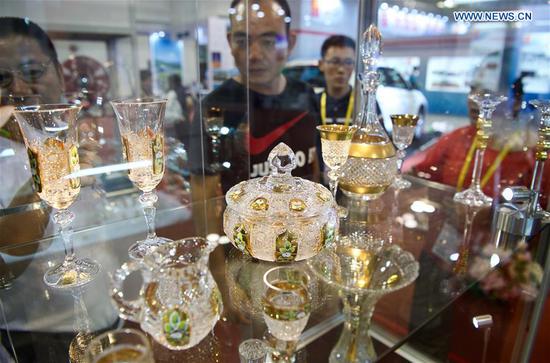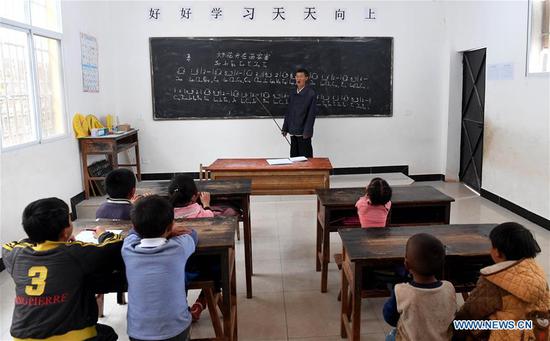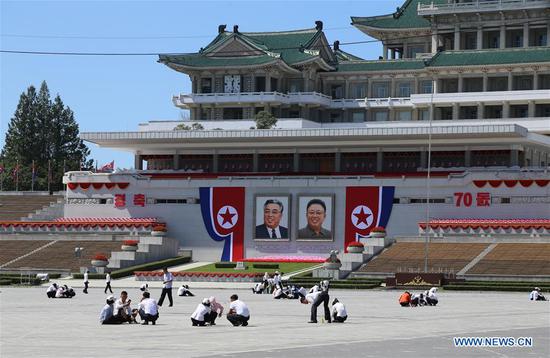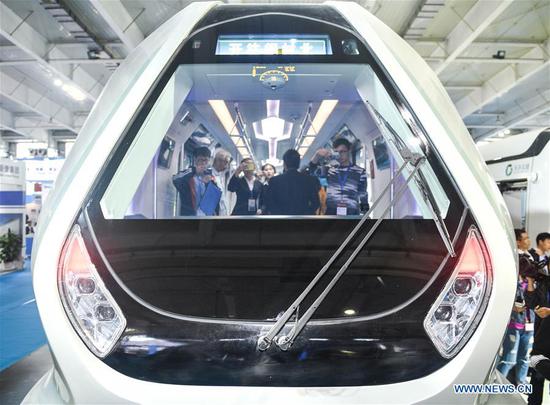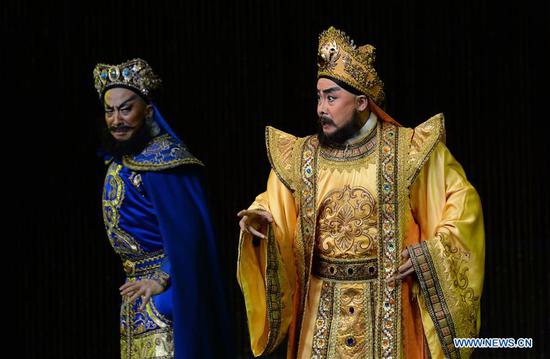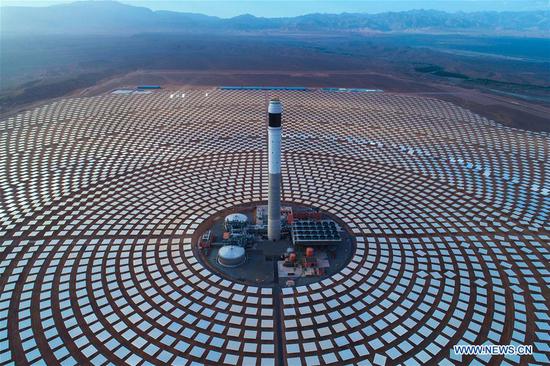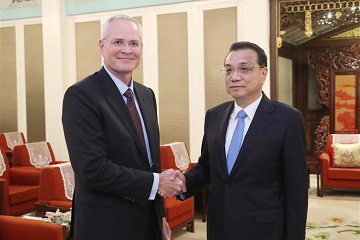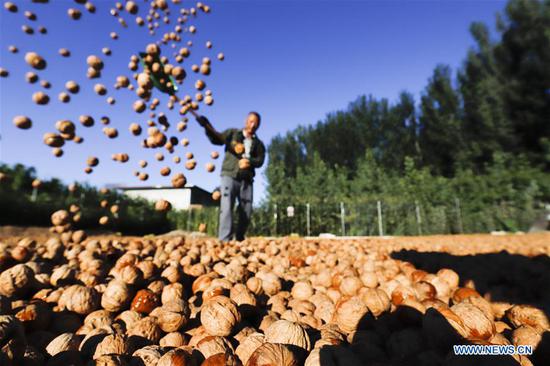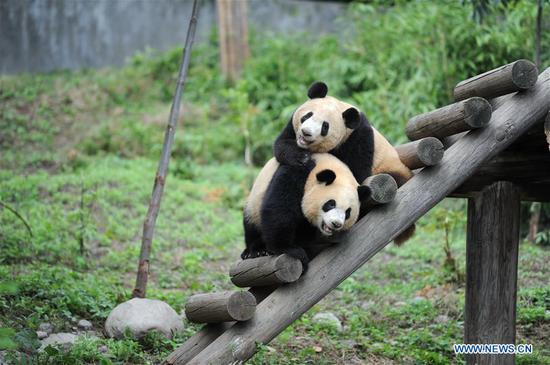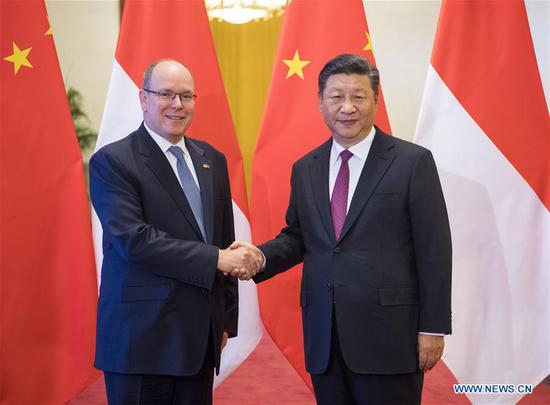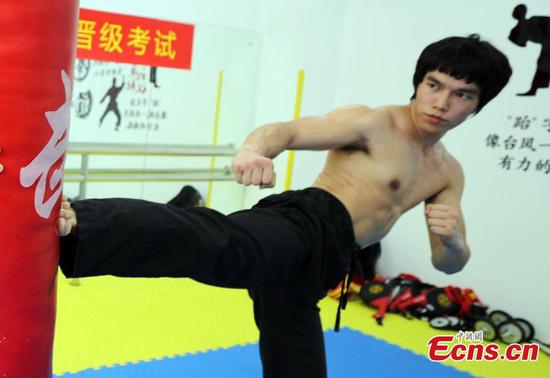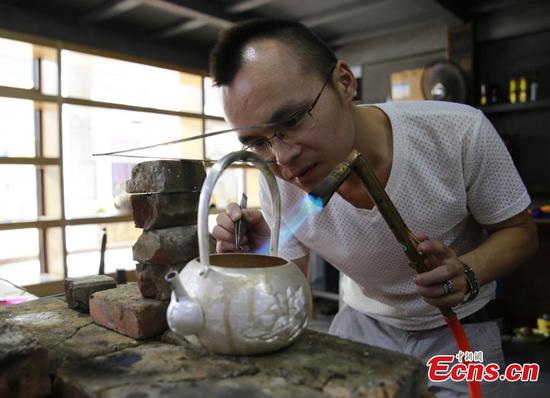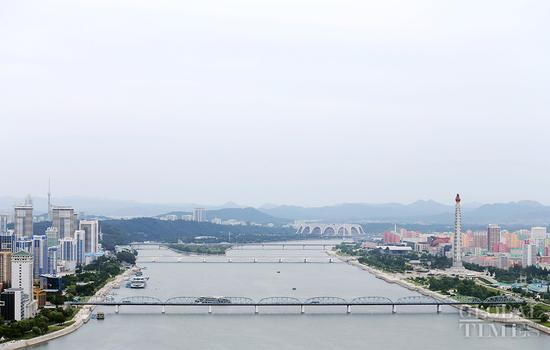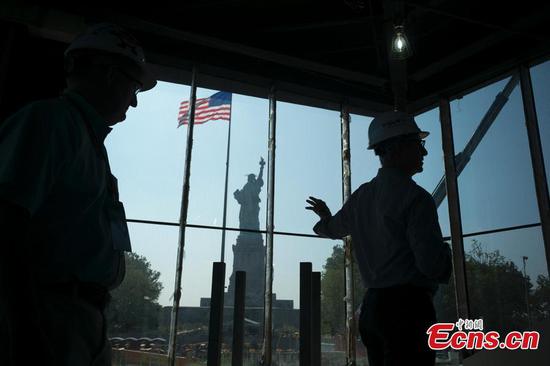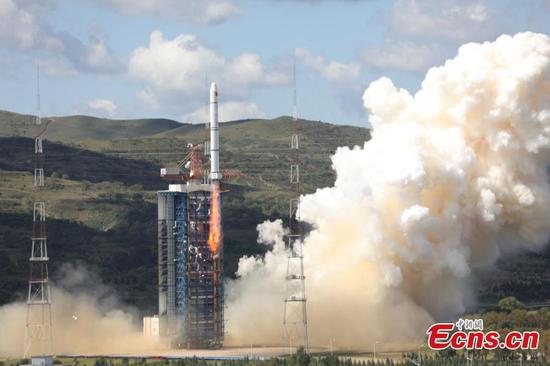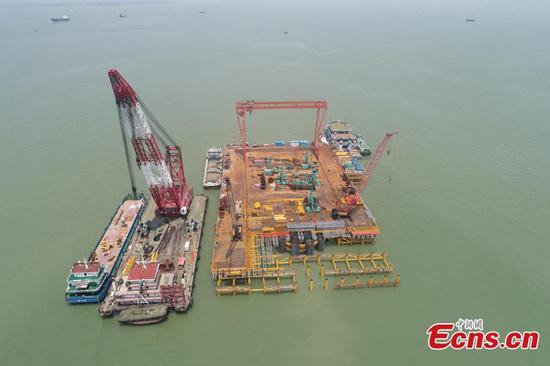Alibaba Group Holding founder Jack Ma Yun can't and won't retire from the company just yet, but he will distance himself from daily operations and focus more on strategy, industry analysts said.
The comments came after the Alibaba-owned newspaper, the Hong Kong-based South China Morning Post, said on Saturday that Ma will remain the company's executive chairman and provide transition plans over a significant period, refuting a New York Times report that claimed Ma would "retire" to pursue philanthropy in education.
In response to the "retirement" story, Alibaba told the Global Times in a note on Saturday that "Ma is a teacher every day whenever he is participating in public welfare or working for Alibaba. He always dreams of becoming a real teacher again."
However, when contacted by the Global Times on Sunday about a reported succession plan, the company said it had "no further details to disclose."
An industry analyst surnamed Lu told the Global Times on Sunday that over the past few years, Ma had sought to remake the company's management system, but his so-called retirement is obviously a media misinterpretation.
Ma gave up his title of CEO in 2013, and Alibaba's main businesses, including Taobao and Tmall, are currently operated by different senior executives.
"It seems that Alibaba's internal management has become comparatively mature, so Ma is prepared to make it public and officially detach himself from daily operations," Lu said. Lu forecast that the succession plan would involve "accelerating the enterprise veterans' retreat from leading positions, paving the way for young leaders to take over, and strengthening the speed and mode of internal leadership shifts," adding that Ma also aims to make Alibaba's management structure more transparent.
Liu Dingding, a Beijing-based independent expert, told the Global Times on Sunday that the yet-to-be released succession plan might affect some investors' confidence in the company in the short term.
On Friday, shares of Alibaba increased by 1.56 percent as of the close time, but fell by 2.34 percent in afterhours trading following reports of Ma's retirement.
But Liu refuted media reports claiming that the decision arose from "an unpredictable business environment and unstable economic environment in China."
Liu said that "some Chinese companies are indeed facing challenges under the current situation, but if people are worried that even domestic internet giants like Alibaba could not handle the situation, they might underestimate the strong base of China's economy."
He added: "The country will also ensure a good environment for them, since they are the driving power of the domestic economy." Alibaba reported strong performance in the first quarter of its 2019 fiscal year, with revenue up 61 percent year-on-year to 80.92 billion yuan ($11.77 billion) and core e-commerce business revenue up 61 percent to 69.19 billion yuan, according to its financial report released on August 23.
However, Liu said that for companies like Alibaba that rely heavily on their founders, it's hard to shake off the impact of top management changes.
"The company could be operated by someone else, but at a strategic level, Ma would still play an indispensable role."
It's premature for Ma to retire, and he can't, Liu said.











